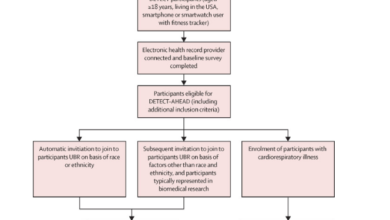“Rice University Revolutionary Cancer Treatment: Real-Time Monitoring and Targeted Therapies to Beat Cancer’s Adaptation”

A team of researchers at Rice University in the United States has secured a $45 million grant to advance the development of implantable technology capable of sensing and responding to cancer, potentially slashing cancer-related fatalities by more than half. The grant, awarded to a consortium of scientists headed by Rice University and comprising experts from seven different states, aims to accelerate the development and evaluation of an innovative cancer treatment approach.
This approach holds the promise of significantly enhancing the efficacy of immunotherapy for patients grappling with challenging-to-treat cancers such as ovarian and pancreatic malignancies, among others.
READ:Prostate Cancer Awareness Month: Lifestyle Changes That Can Make a Difference
“In lieu of confining patients to hospital beds, intravenous (IV) bags, and external monitoring systems, we will employ a minimally invasive procedure to implant a compact device that continuously tracks their cancer status and dynamically adapts their immunotherapy dosage,” stated Omid Veiseh, a bioengineer at Rice University and the principal investigator (PI) leading the ARPA-H cooperative agreement.
Rice University
This approach, known as closed-loop therapy, represents a groundbreaking innovation when applied to cancer immunotherapy. It draws parallels with its prior application in diabetes management, where an insulin pump maintains constant communication with a glucose monitor.
This interdisciplinary team comprises engineers, healthcare experts, and experts from diverse fields, including synthetic biology, materials science, immunology, oncology, electrical engineering, and artificial intelligence, among others. Operating under the banner of THOR, an acronym for “targeted hybrid oncotherapeutic regulation,” this collaborative project has introduced an implant known as HAMMR, which stands for “hybrid advanced molecular manufacturing regulator.”
“Cancer cells are continually evolving and adapting to therapy. However, currently available diagnostic tools, including radiologic tests, blood assays, and biopsies, provide very infrequent and limited snapshots of this dynamic process,” explained Dr. Amir Jazaeri, a co-principal investigator and professor of gynecologic oncology at the University of Texas MD Anderson Cancer Center.
“As a result, today’s therapies treat cancer as if it were a static disease. We believe THOR could transform the status quo by providing real-time data from the tumor environment that can in turn guide more effective and tumor-informed novel therapies,” he added.




